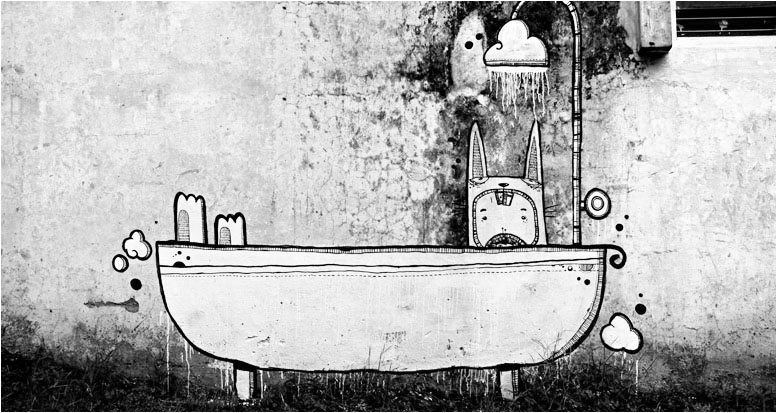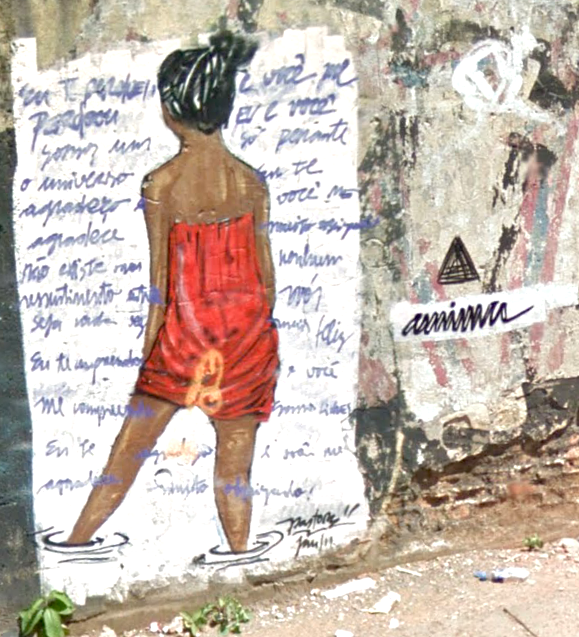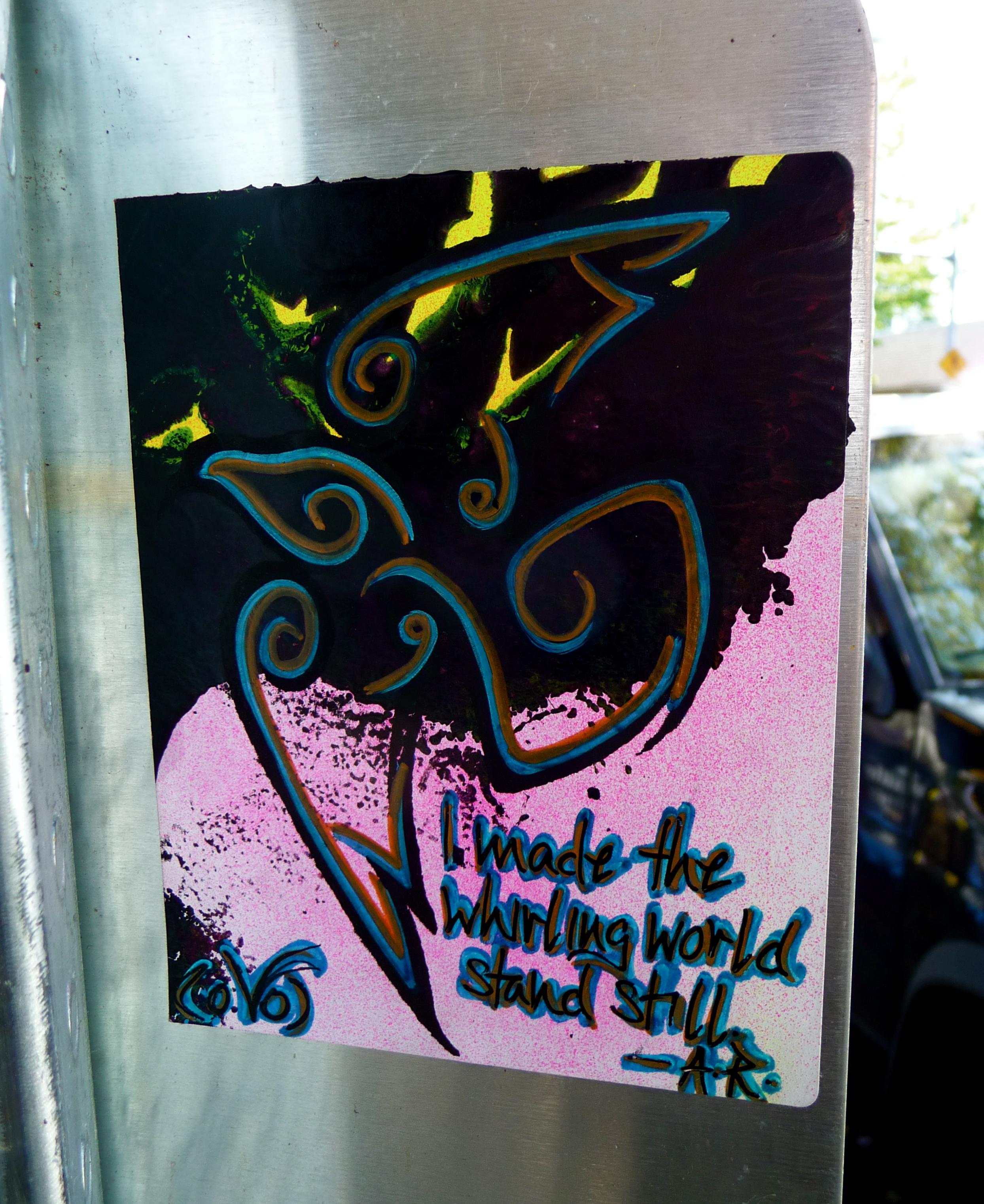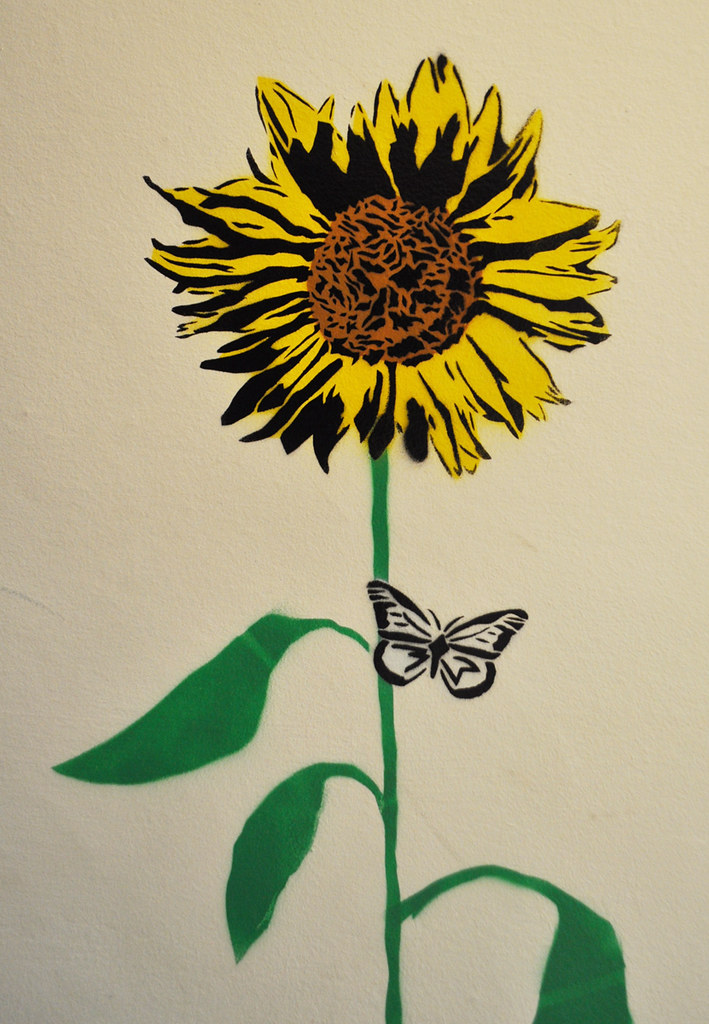(Good morning, good morning! While I’m away, I wanted to share with you some pieces from my book, Writing Ourselves Whole: Using the Power of Your Own Creativity to Recover and Heal from Sexual Trauma, which is coming out next month! I’ll post one of these a week, on Friday mornings. Be easy with you, ok? And please keep writing…)
 From “introduction: how to restory”
From “introduction: how to restory”
I started journaling in 1993, when I was twenty-one years old and breaking away from my stepfather after nearly ten years of ongoing sexual, psychological, and physical abuse. As often as I could, I took refuge in local café, where I bought a large, dark roast coffee, and popped a tape into my portable cassette player—Ani DiFranco, Erasure, Zap Mama, The Crystal Method—slid my headset over my ears, folded the notebook open to a new page, uncapped my pen, wrote things I thought I’d never be able to say out loud. I spent years doing this, my butt planted in a wooden chair in some coffee house or other in Northern New England or around San Francisco. This is the way I found my tongue again. I wrote through the numbness that kept me protected—through writing I could feel the sadness, despair, depression, rage. The emotions had a weight and a shape once they found their way into words, whereas, inside me, they had all tangled together into a single inarticulate mass. There were few days I didn’t break through into tears while I bent over my notebook at that corner table in the back of the cafe.
In the earliest months of my writing practice, I was often rigidly and “logically” truthful. I froze often during my writing sessions, straining hard to get every detail right so my stepfather could not accuse me of lying (should he ever come to read what I wrote—and, of course, I assumed he would; up to that point, he’d had access to every single aspect of my being). I wanted to compile a record of his atrocities, and was beginning the work of disentangling my feelings from the so-called psychoanalytical brainwashing that was a core component of his control over me, my sister, and my mother. If he ever made good on his threat to have me killed for leaving his bed, I believed someone would find this notebook and finally know who I really was. In those early years, as much as for any other reason, I wrote to survive my death in the form of a final, true story. I had told so many lies—I wanted someone, in the end, to know What Really Happened.
Continue reading →
 From the section “what writing can do for survivors”:
From the section “what writing can do for survivors”:






